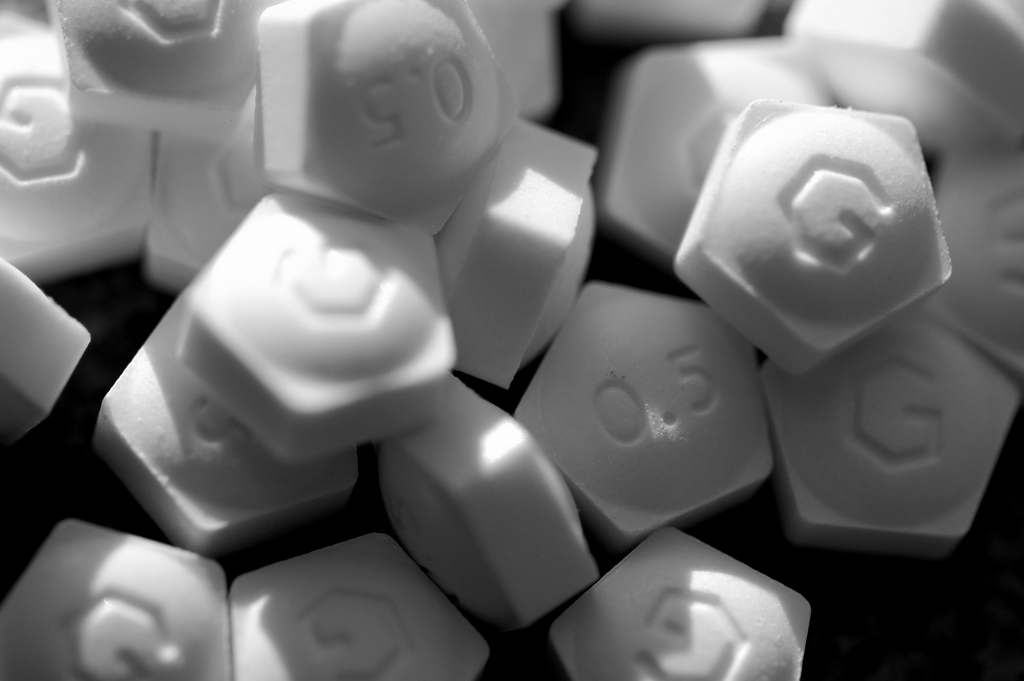Scientists Just Made a Breakthrough Discovery About Magic Mushrooms

By:
A group of scientists may have found another use for magic mushrooms, aside from using them to, you know, really appreciate nature.
In a study published Tuesday by The Lancet, researchers showed that psilocybin (a natural psychoactive drug found in certain mushrooms) is an effective anti-depressant.
But before you go hunting for mushrooms, here are some things to keep in mind.
The study was conducted with a small group, just six men and six women. There was no control group, which means there's nothing to compare the results to. Also, the participants were "supervised at all times by at least two staff members," according to the study. "Psychological support" was additionally provided before, during, and after the study. In other classic words, don't try this at home.
About the participants
The youngest was a 30-year-old woman; the oldest, a 64-year-old woman. The average age was about 40. All patients had previously tried some form of SSRIs, Selective Serotonin Reuptake Inhibitor, to treat their depression, with little or no success.
 Steve Snodgrass/Flickr - flic.kr
Steve Snodgrass/Flickr - flic.kr
ATTN: asked Robin L Carhart-Harris, Ph.D., of the Centre for Neuropsychopharmacology, Division of Brain Sciences, Faculty of Medicine at Imperial College in London, and one of the researchers, if the ages of the participants had anything to do with the findings. For example, if they were in their twenties, would there have been any difference?
"It’s difficult to say as we’d need to do more work to be able to make any inferences about that," Carhart-Harris says. "Age was not a predictor of response in those patients we’ve treated so far."
How the study works.
Patients were dosed with 10 mg psilocybin in the form of capsules of 5mg each on the first day. Their dosage increased to 25 mg (again in groups of 5mg) on the second day, a week later. Their blood pressure and heart rate was monitored, along with "check-ins" (asking the patient how they're feeling) at the same time each day. They were administered the doses in a facility and were made comfortable, even getting to suggest their own music to assist them in their "journey."
After the first day, researchers called them to "check on their well-being and monitor for any adverse events." Then they returned to the facility for their next dosage.
The scientists also timed how long it took the psilocybin to set in and peak, and how long it lasted. All participants were reassessed after three months.
What the researchers found.
First, there were some adverse side effects, but they were either mild, transient, or both. Some of these were "mostly mild" anxiety as the drug was kicking in, "transient confusion or thought disorder," and some "mild and transient nausea" or "transient headaches." These events were expected. One patient had paranoia, but as with the other events, it was fleeting.
Overall, the participants found that the psilocybin "significantly reduced" their feelings of depression. Out of the 12, eight participants were in "complete remission" from their depression at one week. By the three-month checkup, seven of the participants continued to feel the positive effects, with five of them still in "complete remission."
"I think it’s a very exciting potential treatment for depression," says Carhart-Harris. "[It's] hugely promising and deserving of much more research."
[H/T Business Insider]
